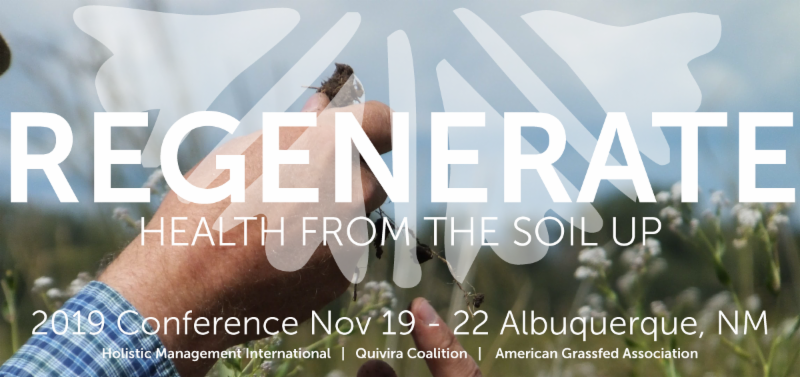A recent press release by General Mills highlights the findings from a Life Cycle Assessment (LCA) report they commissioned from Quantis, a respected international research firm. The LCA on beef raised by White Oak Pastures included all energy and environmental impacts at all stages of the product's life cycle as well as handling of waste. They used soil samples and modeled data from 2017 to determine White Oak's overall greenhouse gas footprint.
The White Oak Pastures LCA study demonstrated that increasing organic matter in the soil and increasing soil health through holistic grazing practices actually results in more carbon stored in the soil than the cattle emit. In fact, the net Kg CO2-eq emissions per Kg fresh meat from White Oak Pastures was -3.5. In contrast, the Beyond Burger (based on their own LCA) has net emissions per Kg of 4. Likewise, the study showed that the White Oak Pastures' beef has a carbon footprint 111% lower than a conventional US beef system. Moreover, White Oak Pastures' integrated system is 6 times more carbon efficient than the equivalent amount of carcass weight produced in the average North American beef system.
Click here to read an article about White Oak Pastures. For the full Life Cycle Assessment report, click here.
Click here to learn more about how Holistic Management is the Regenerative Solution.
top of page
bottom of page

